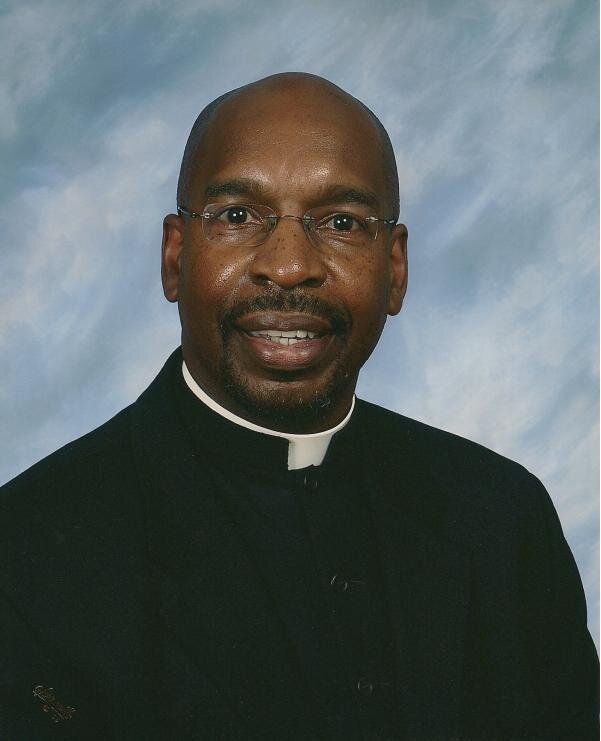A REFLECTION ON THE PARLIAMENT OF WORLD RELIGIONS
By: The Rev. Dr. Norval I. Brown
I had the distinct privilege of attending/participating in the Parliament of World Religions this past August. It was an amazing gathering of people from around the world and an excellent display of how people can gather beneath one roof and peace can abound. Meeting under the theme Defending Freedom and Human Rights, the abuses men and women, boys and girls face were exposed and the responsibility of the religious community to advocate for the end of such atrocities was highlighted. And that abuse comes in many shapes – not just directly, but the abuse of the earth, its environment and its climate are ways in which human rights are also violated. There was so much going on and so many displays/workshops to experience, that it was impossible to take it all in. There were three events that particularly struck me, though.
A labyrinth offered an invitation for people to come walk its pathway. Surrounding it was a rope that had orange ribbons hanging from it. They looked as if they were flames being blown by the wind. A few feet away, was another rope with more ribbons twisting and turning in the wind. A placard gave this explanation: “This fabric represents the more than 30,000 children who have lost their indicated that each ribbon represented one child that had died as a result of gun violence since Sandy Hook (14 December 2012). Torn at vigils, and arts memorials across the country, it is the literal thread that connects us all.”
Next to the labyrinth, was a display by Raw Tools, Inc. Their idea/mission is to use weapons, especially decommissioned guns collected by law enforcement agencies, to make garden tools, ala Isaiah 2.4: And they shall beat their swords into plowshares And their spears into pruning hooks: Nation shall not take up Sword against nation; They shall never again know war.(JPS.Tanakh) Beating the weapons of war into gardening instruments creates a dynamic shift in our investment in time and resources. Dismantling our war weaponry invites us to use our time differently, investing in life sustaining resources for our communities. As they showed their technique, the blacksmiths invited the crowd to try their hand at literally beating a heated gun barrel into what would eventually become a garden trowel!
Each day, the Sikh community offered a langar lunch. This was a free meal offered to all, regardless of religion, caste, gender, economic status, or ethnicity. People sit on the floor and eat together, and the kitchen is maintained and serviced by Sikh community volunteers who are doing seva (“selfless services”). The meals served at a langar are always lacto-vegetarian. On Friday, the last day of Parliament, I went to lunch there. I sat next to a theist from Evanston. As we sat on the ground, we talked about the beauty of the setting – such a diversity of people, a diversity of faiths and one faith serving anybody and everybody! Such is what the parliament taught us.
On another note, one must have a head covering to enter the tent for the langar lunch. Knowing this, when I left home, I brought a kufi that belonged to my late brother-in-law, but I left it sitting on the platform of the Metra station where I caught the train. Fearing that it was lost forever, I pushed those thoughts to the back of my mind and enjoyed the day at the Parliament. When I returned home, as I exited the train at my stop, I walked over to the bench on the off chance that my kufi might still be there. To my surprise and delight, someone had folded it and left it sitting on the back of the bench! I would imagine several hundred Metra commuters had walked past it in the six or seven hours it had been since I left. What a wonderful punctuation for the Parliament of World Religions – to return to the world and find goodness abounding!
So be it.

